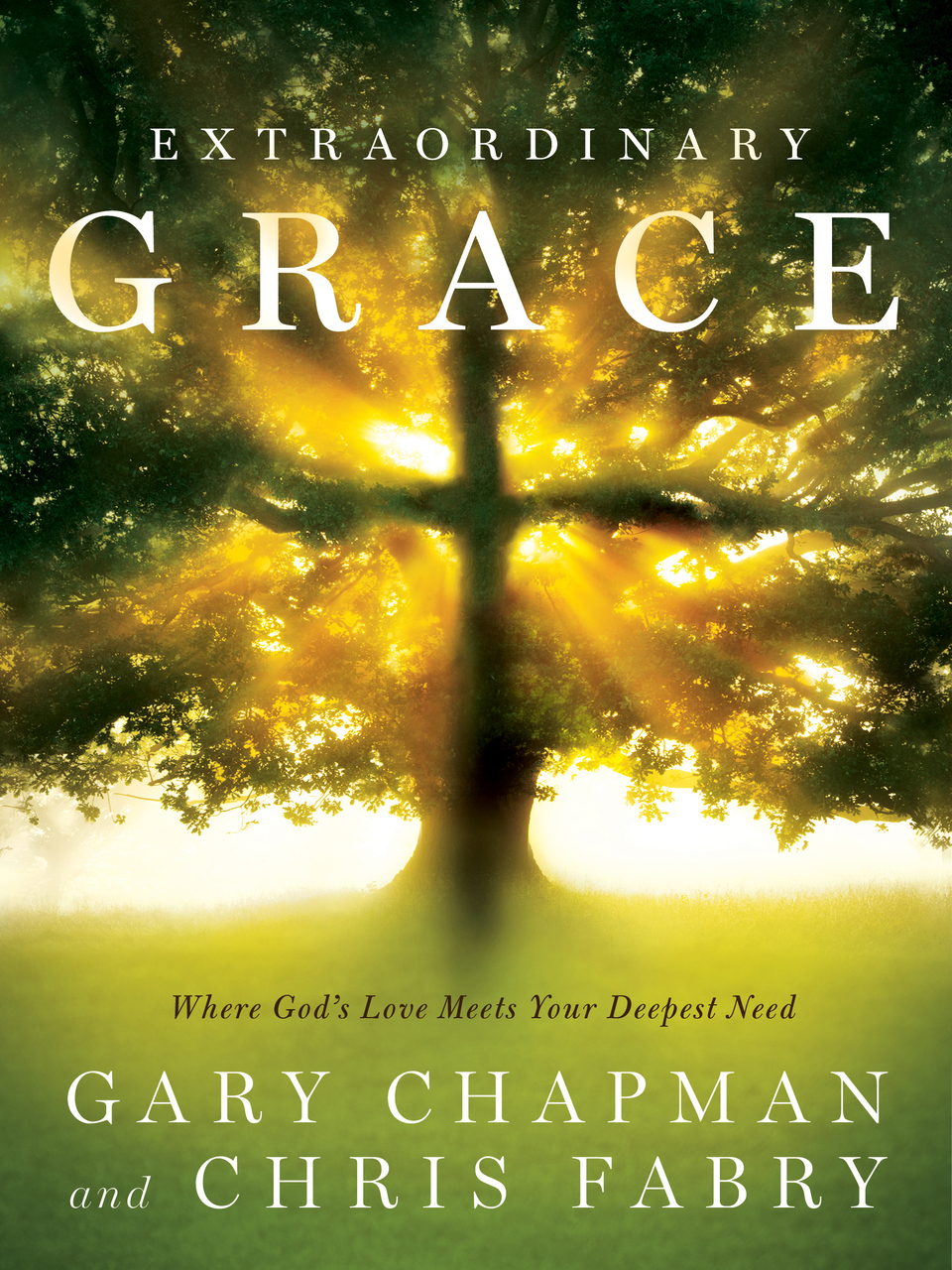Downloadable Resource: Building a Culture of Evangelism in Your Church
Building a Culture of Evangelism in Your Church BI-FOLD DOWNLOADABLE RESOURCE Is your church ready to move beyond one-time events and build lasting momentum...
Two recent books on the subject of grace complement each other wonderfully and deserve a consideration for your next read.
 Extravagant Grace: God’s Glory Displayed in Our Weakness by Barbara Duguid (P&R, 2013) is a distillation of wisdom on suffering drawn from her own life and from the letters of John Newton. Duguid, wife of theologian Iain Duguid, asks the question, “Why do real Christians still sin so much, even after they have been saved for decades?” She suggests that the problem is probably not the reality of our sin, but rather our unbiblical expectations of what Christian growth should look like. Growing in grace, she says, is more about humility, dependence, and exalting Christ that it is about defeating sin.
Extravagant Grace: God’s Glory Displayed in Our Weakness by Barbara Duguid (P&R, 2013) is a distillation of wisdom on suffering drawn from her own life and from the letters of John Newton. Duguid, wife of theologian Iain Duguid, asks the question, “Why do real Christians still sin so much, even after they have been saved for decades?” She suggests that the problem is probably not the reality of our sin, but rather our unbiblical expectations of what Christian growth should look like. Growing in grace, she says, is more about humility, dependence, and exalting Christ that it is about defeating sin.
The goal of Extravagant Grace is to recover a more biblical theology of sin and sanctification, a theology that was “familiar and dear” to many pastors in the 17th and 18th centuries, but is “largely lost to a contemporary church overwhelmed by individual triumphalism and the myth of the victorious Christian life. As a result, many Christians live lives of deep discouragement and anguish, hiding their shameful struggles from one another.”
This book is full of gems from Newton. “The characteristic state of [the maturing believer] is conflict.” What a neglected truth! “[The maturing Christian’s] great business is to behold the glory of God in Christ; and by beholding, he is changed.” How true this is! “But that we are so totally depraved is a truth which no one ever truly learned by being only told it.”
Extravagant Grace is a book that will especially mean much to women, but men shouldn’t shy away from it. Duguid’s insight into the experience of the average Christian is one from which every pastor should learn. I highly recommend this great book.
 Extraordinary Grace: How the Unlikely Lineage of Jesus Reveals God’s Amazing Love by Gary Chapman and Chris Fabry (Moody, 2013) is very different from the previous book, but no less edifying. The book is, according to the authors “a study of God at work among ordinary people.” It is an exploration into seven characters in the genealogy of Jesus. It brings OT figures like Abraham and Rahab to life with descriptive prose and imaginative descriptions of their thoughts and emotions. These are characters who “failed, fell or chose badly.”
Extraordinary Grace: How the Unlikely Lineage of Jesus Reveals God’s Amazing Love by Gary Chapman and Chris Fabry (Moody, 2013) is very different from the previous book, but no less edifying. The book is, according to the authors “a study of God at work among ordinary people.” It is an exploration into seven characters in the genealogy of Jesus. It brings OT figures like Abraham and Rahab to life with descriptive prose and imaginative descriptions of their thoughts and emotions. These are characters who “failed, fell or chose badly.”
The effect of the grace of God in the lives of these Bible characters, we are told, is not that we will be compelled to please God with a holy life but that we allow the holy life of Jesus to live in and through us. This allows us to become an agent of grace to others.
Chapman and Fabry tell these stories to remind us that it is only by God’s grace that we are forgiven and accepted.
Building a Culture of Evangelism in Your Church BI-FOLD DOWNLOADABLE RESOURCE Is your church ready to move beyond one-time events and build lasting momentum...
by Jeffrey Mindler, Research Assistant “Therefore take up the whole armor of God, that you may be able to withstand in the evil day, and having done all, to...
by Jeff Mindler, Research Assistant “For the wrath of God is revealed from heaven against all ungodliness and unrighteousness of men, who by their...